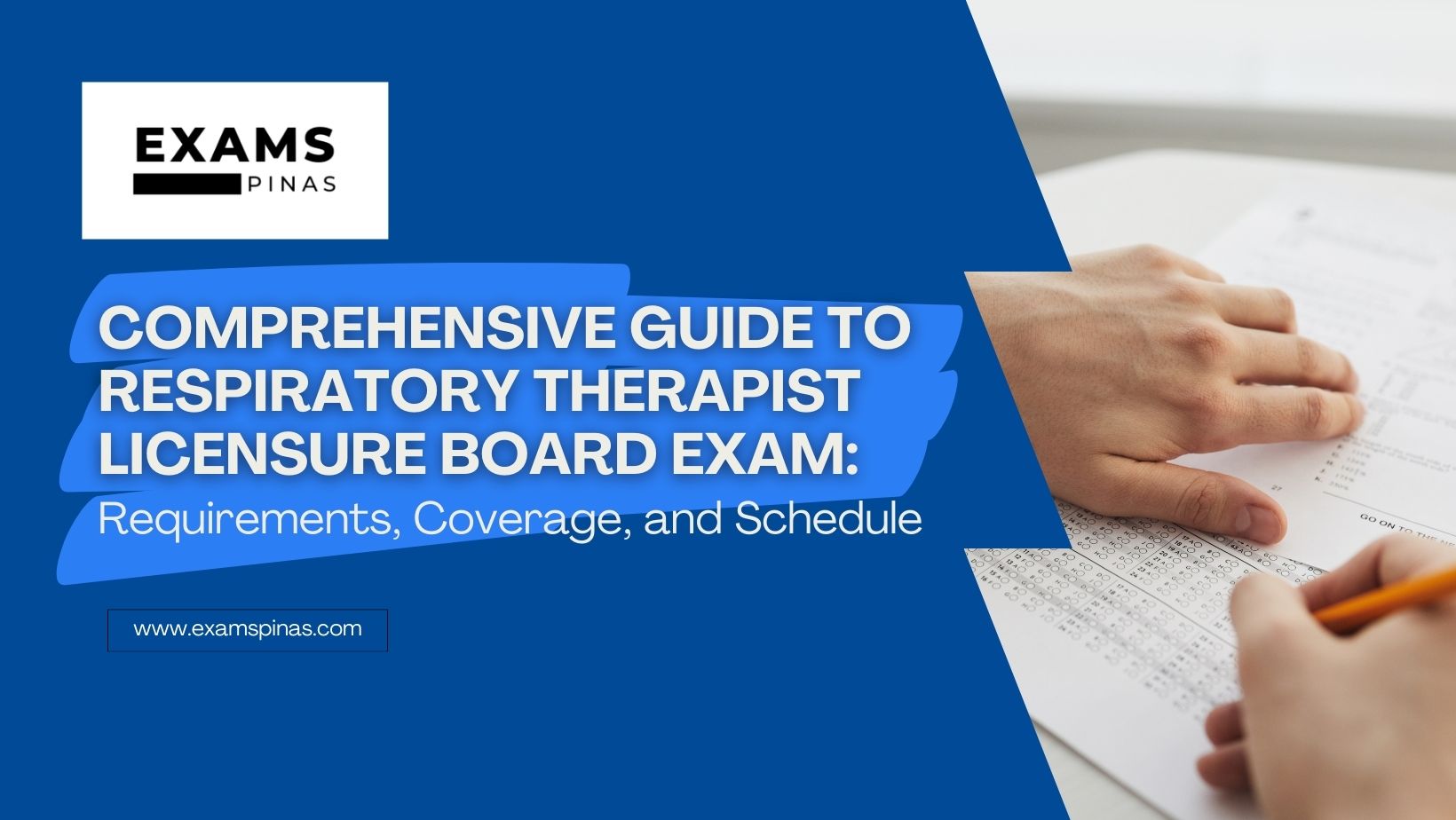Welcome to our comprehensive guide on the Respiratory Therapist Licensure Board Exam. In this article, we will delve into the detailed requirements, exam coverage, and the schedule you need to be aware of to successfully navigate through the licensure process.
Understanding the Importance of Respiratory Therapist Licensure
Securing a respiratory therapist license is a critical step towards a successful career in the field of respiratory care. It not only validates your expertise and competence but also ensures that you meet the standards set by regulatory bodies to provide safe and effective care to patients.
Eligibility Criteria
To be eligible for the Respiratory Therapist Licensure Board Exam, candidates must meet the following requirements:
Educational Background
Candidates must hold a minimum of a Bachelor’s degree in Respiratory Therapy from an accredited institution. Additionally, completion of relevant coursework and clinical rotations is mandatory.
Clinical Experience
A crucial component of eligibility is the completion of a specified number of clinical hours under the supervision of a licensed respiratory therapist. This hands-on experience equips candidates with practical skills essential for patient care.
Successful Completion of Approved Programs
Candidates must have graduated from a program accredited by the Commission on Accreditation for Respiratory Care (CoARC) or an equivalent accrediting body.
Exam Coverage
The Respiratory Therapist Licensure Board Exam assesses candidates on a wide range of topics essential for the practice of respiratory therapy. The exam is divided into two main sections:
1. Clinical Simulation
This section evaluates a candidate’s ability to apply theoretical knowledge to real-world scenarios. It covers:
- Patient Assessment
- Therapeutic Procedures
- Emergency Response
- Ventilator Management
2. Written Knowledge
The written knowledge section focuses on theoretical concepts and principles related to respiratory therapy. It includes:
- Anatomy and Physiology of the Respiratory System
- Pathophysiology of Respiratory Disorders
- Pharmacology for Respiratory Care
- Ethical and Legal Considerations
Preparation Tips
To excel in the Respiratory Therapist Licensure Board Exam, consider the following tips:
- Create a study schedule that allocates sufficient time for each section of the exam.
- Utilize reputable study materials and resources, including textbooks, practice exams, and online forums.
- Engage in hands-on practice through clinical simulations to enhance your practical skills.
Securing your Respiratory Therapist License is a pivotal milestone in your career. By understanding the requirements, exam coverage, and schedule, you are well-equipped to navigate through this process with confidence. Remember, preparation and dedication are key to achieving success in the licensure board exam. Best of luck in your endeavors!

